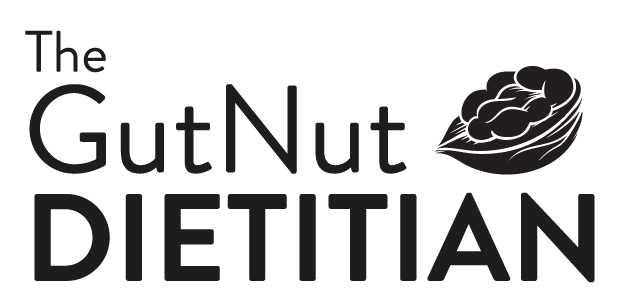Looking after your wellbeing during the festive season
‘tis the season to eat, drink and be merry, but that doesn’t mean your health has to suffer!
Diet:
Optimise your gut health. We know that a more diverse microbiome has been associated with improved immune health, mental health and metabolism, to name a few. Aim for 30 different plant based products/week (or 30 plant points), which has been associated with a more diverse microbiome (the good bacteria within your gut). This includes vegetables, fruits, nuts/seeds, beans/pulses and even herbs/spices (these count for ¼ of a point when targeting your 30)
Top tips to diversify:
· Choose mixed nuts/seeds, keep a pot on your table next to the salt and pepper as a reminder to sprinkle some on meals. Aim for 1 portion/day
· Consider an odd box, this makes for easy diversification as you will be sent different fruits/veggies each week and is also great for the environment! Aim for 5-7 veggies and 2-3 fruits/day
· Make the most of seasonal vegetables, have your turkey but don’t skimp on the brussels and parsnips too!
· Mix up your wholegrains, add spelt and rye flakes to your oatmeal to treble your plant points. Aim for 2-3 portions of wholegrains/day, including a small level in each meal and trying new grains such as quinoa, buckwheat, red/black rice, kaniwa, freekeh, sorghum or bulgur wheat.
· Dable in fermented products: try kefir, kombucha, kimchi or sauerkraut to add some pre and probiotics to your meals!
What you eat on one day will not dictate your health but what you eat over 1-2 months can have a larger impact. You don’t need to adapt your Christmas dinner, but if you gorge during the preceding months, your body and mind will not thank you for it when January rolls around!
Alcohol:
It can be easy to overdo this during the festive period. Aim for 2 alcohol free days per week and avoid too many sugary drinks, switching between alcoholic and non-alcoholic beverages. Beware of non-alcoholic cocktails which can be very sugary and instead opt for a tonic or sparkling water.
Supplements:
Vitamin D, aka the sunshine vitamin. We know that in the UK from around September to April, the sun is not close enough to penetrate our skin and create vitamin D. We should all be supplementing with a spray form or pairing a tablet with a fat containing meal to enhance absorption of this fat soluble vitamin. Do not exceed 4000IU (100mcg/day) unless advised by a medical professional, as this can build up rapidly within the body, resulting in toxicity in some.
Extra supplements should only be considered based upon blood results, personal medical history and the advice of a health care professional. It can seem tempting to buy the latest supplement but without evidence it could be doing more harm than good!
Top tips:
· Keep your spray vitamin D next to your toothbrush for a minty spritz in the morning (10-25mcg/day as a maintenance dose)!
· Check your shadow height when outdoors. If it is shorter than you are, the sun is close enough to be penetrating your skin and you may no longer need that vitamin D supplement!
Exercise & Time outdoors:
It can be tempting to ditch the exercise & hibernate over the winter months when it’s dark and cold outside. Consider some indoor activity and bring a friend along to help with that accountability. Time outdoors has been shown to benefit our physical and mental health, grab some friends or family, wrap up warm and go for a festive walk. This is a great way to rapidly clear the fat levels within your blood after a larger meal too (hello Christmas dinner!)
Take home:
Consistency is key, healthy habits for the majority of your time (e.g. November through to January) are far more important than what you do for a few days within your year (e.g. Christmas and Boxing day)
· Aim for 30 different plant based products/week to strengthen your gut health
· Supplement your vitamin D over the winter months with 10-25mcg/day
· Keep activity levels high (indoors and outdoors)
· Aim for 2 alcohol free days/week and choosing sparkling water or tonic water in between your alcoholic drinks, rather than sugary mocktails
GutNutDietitian x
